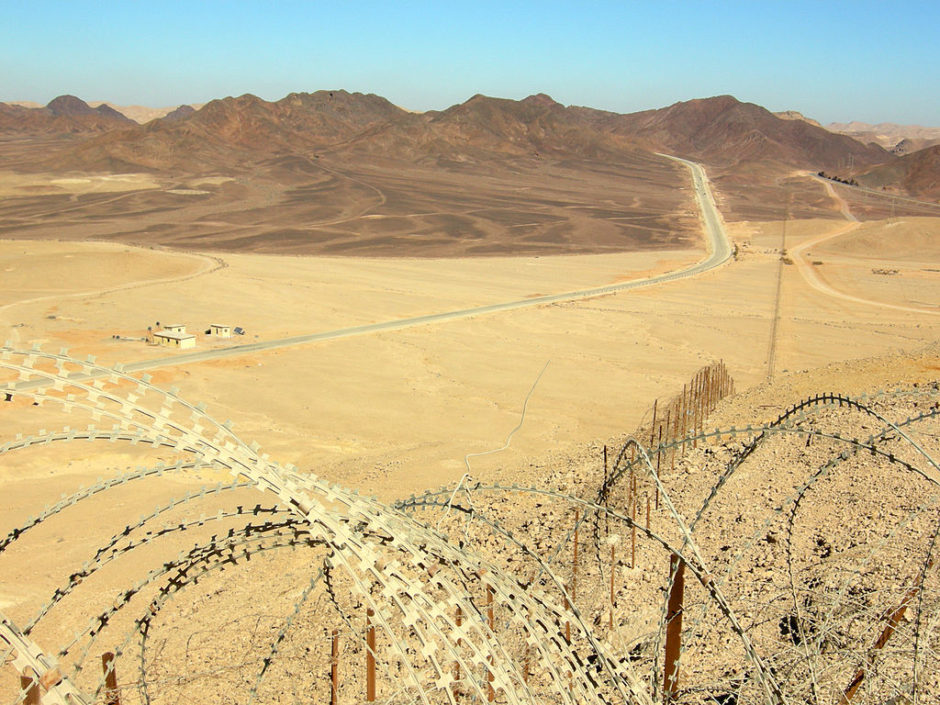The massacre of 311 Muslims in a Sufi mosque in the northern Sinai Peninsula on November 24 underscores an unpalatable reality that Egypt has yet to accept and internalize: the Egyptian armed forces have utterly failed to quell the jihadist insurgency in the Sinai.
No group claimed responsibility for the attack in the remote town of Bir al-Abed — the deadliest terrorist incident in modern Egyptian history. But the 25 to 30 attackers, riding in five jeeps, reportedly carried Islamic State’s distinctive black flag. This can only mean they were affiliated with Sinai Province, which claimed allegiance to Islamic State three years ago.
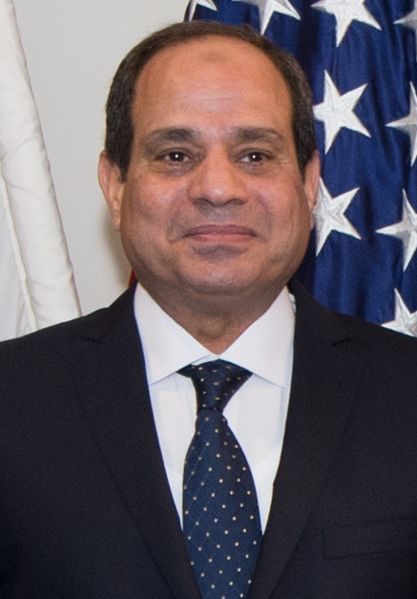
In a speech on television, Egyptian President Abdel Fattah el-Sisi promised to retaliate with an “iron fist.” In a show of force calculated to satisfy a national need for instant vengeance, Egyptian jets bombed enemy targets. A few days later, Sisi ordered his new chief-of-staff, General Mohammed Farid Hegazy, to restore “security and stability” in Sinai within three months.
It’s a tall order, to be sure.
Until now, Egypt’s counter-insurgency strategy toward Sinai Province has been an abysmal failure. Since the eruption of the rebellion six years ago, Sinai Province has carried out more than 1,000 attacks, hitting checkpoints, bases, convoys, oil pipelines and government buildings. The death toll has been high. Egypt’s security forces, having killed 2,500 Sinai Province operatives, have lost about 1,ooo soldiers.
Sinai Province has hit foreign targets as well. In October 2015, it shot down a Russian airliner over Sinai, killing all passengers aboard and dealing a grave blow to the lucrative tourist industry.
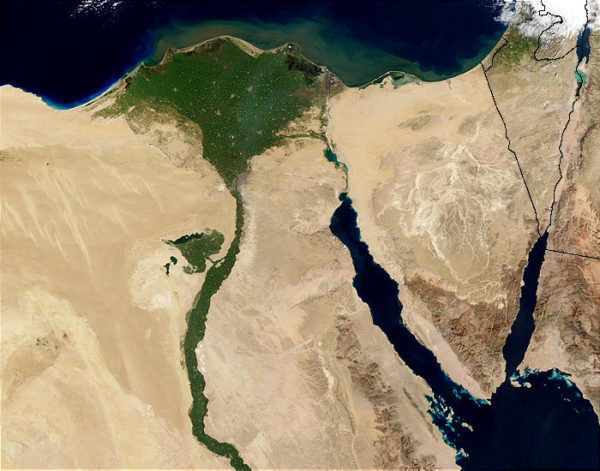
The insurgency broke out in the winter of 2011 amidst the turmoil of the so-called Arab Spring. With tens of thousands of Egyptians challenging the legitimacy of President Hosni Mubarak’s authoritarian government in nation-wide demonstrations, Islamists in Sinai launched an insurrection with the goal of establishing an Islamic regime in Egypt. With Sisi’s seizure of power in 2013, the rebellion, centered between the towns of El Arish and Sheikh Zuweid, grew in scope and intensity.
In July 2015, it reached a fever pitch when Sinai Province launched a series of coordinated attacks against more than 20 government positions in and around Sheikh Zuweid in an attempt to capture it, the Middle East Institute reports. The Egyptian army fought back ferociously, sending in F-16 fighter jets to scatter and kill dozens of militants.
In the aftermath of these battles, Egypt began to build fortifications, trenches and checkpoints adjacent key roads in northern Sinai. In the past year, hundreds of miles of earth berms and barbed wire and chain-link fences have been built to protect new military positions. The berms and fences have prevented Sinai Province from capturing strategically significant populated areas, but the presence of new Egyptian army posts has presented Sinai Province with an array of fresh targets.
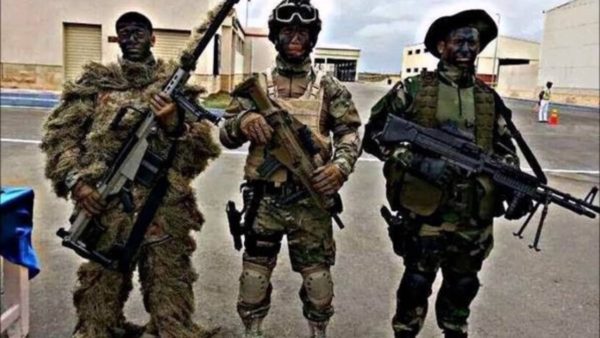
Egypt, too, has destroyed a network of smuggling tunnels connecting Sinai to the Gaza Strip, which has been ruled by Hamas since 2007. And Egypt has created a buffer zone between the town of Rafah and Sinai.
These tactics, while helpful, have not deterred Sinai Province. Egypt’s strictly military approach to the insurgency has not addressed the problems that foster disaffection.
One of Egypt’s most underdeveloped regions, the Sinai has been largely neglected by the central government in Cairo. Unemployment is high, access to health care is limited and illiteracy is widespread. Bedouins, comprising the vast majority of Sinai’s population, generally regard the Egyptian government as an occupation force. As one observer has written, “The Bedouin in the Sinai never fully benefited from membership of the Egyptian state.”
As might be expected, Sinai Province exploits this deep undercurrent of dissatisfaction and alienation.
Israel, which occupied the Sinai from 1967 to 1982, has assisted Egypt in its battle against Sinai Province. The Israeli government has allowed Egypt to deploy forces in the Sinai beyond the level permitted by the 1979 peace treaty. As a result, Egypt has dispatched heavy weapons — tanks, artillery and helicopters — to Sinai. Israel also has shared intelligence data with Egypt.
Israel has periodically carried out air attacks in northern Sinai with Egypt’s knowledge and approval. Last December, for example, Israeli aircraft struck Sinai Province positions around Sheikh Zuweid.
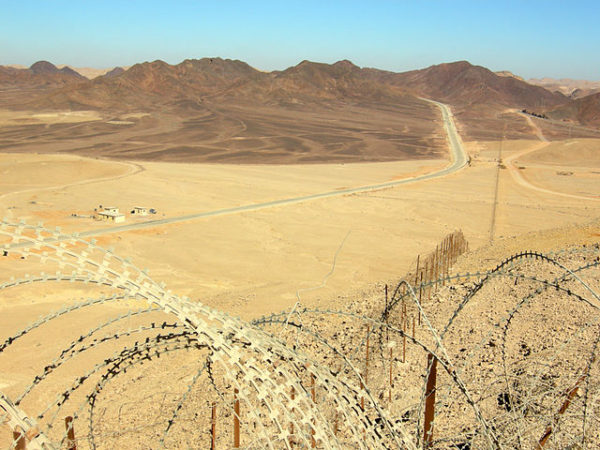
In response to occasional Sinai Province missile strikes at the Israeli port of Eilat, Israel has upgraded its forces along the Egyptian frontier and constructed a fence along the border to stop enemy incursions.
Israeli Defence Minister Avigdor Liberman claims that Sinai Province aggression, while “annoying,” does not pose a “serious threat” to Israel. True enough. But with the jihadist revolt still brewing in the Sinai, Israel can no longer assume that its southern border will be quiet.
